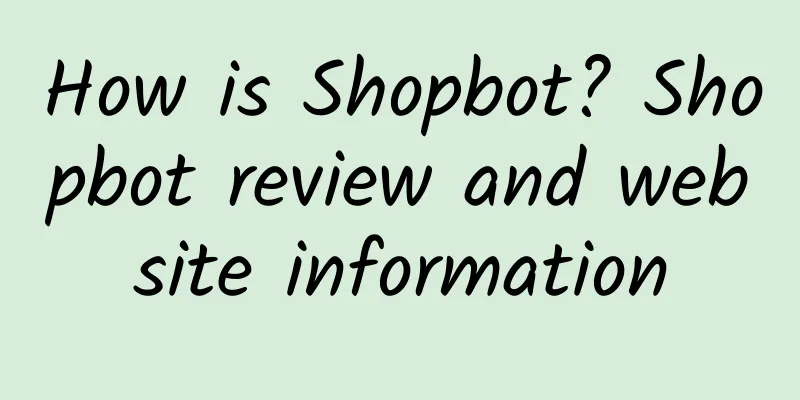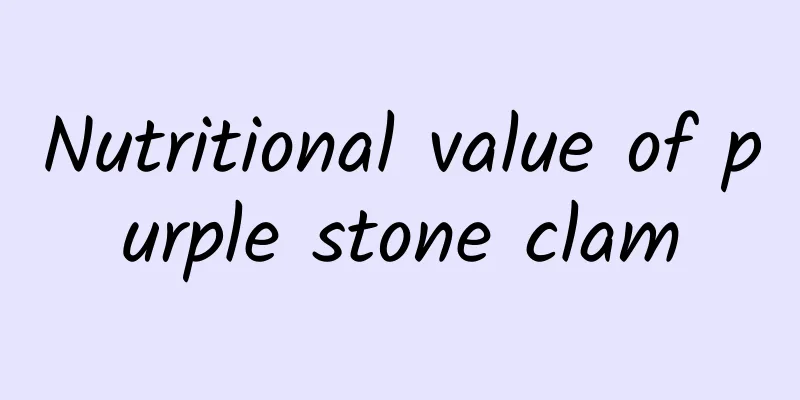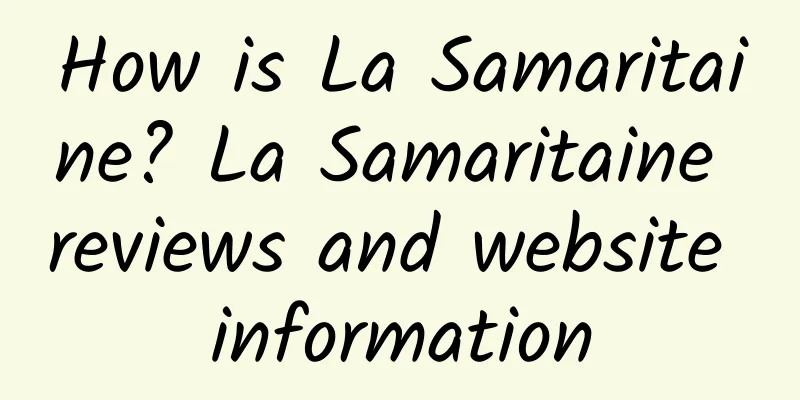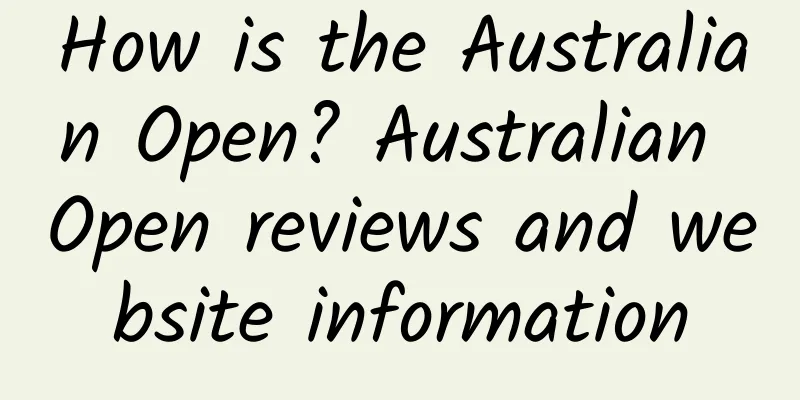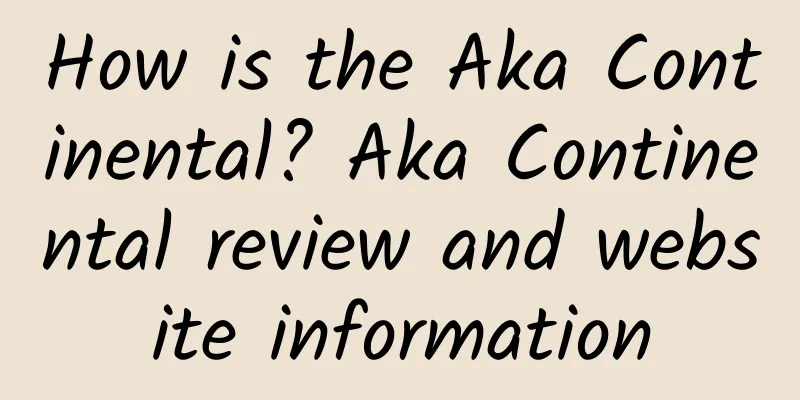What is the Hoover Institution like? Hoover Institution reviews and website information
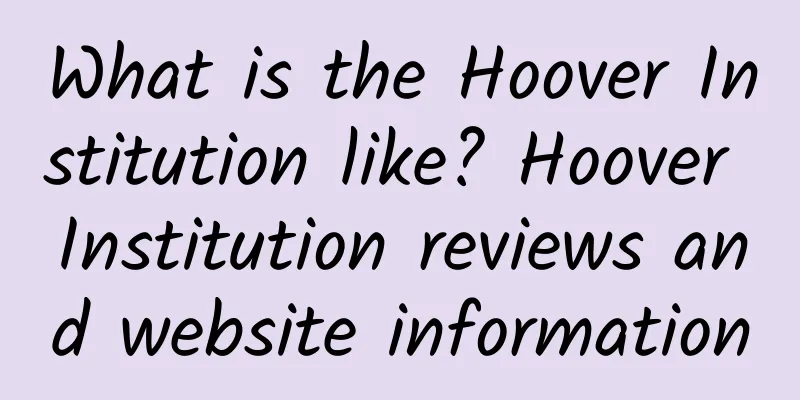
|
What is the Hoover Institution? The Hoover Institution on War, Revolution, and Peace (Hoover Institution) is a famous American think tank founded by Hoover in 1919. The Hoover Institution Library and Archives is one of the world's largest collections of historical documents on political, economic and social changes. Website: www.hoover.org The Hoover Institution on War, Revolution, and Peace, or Hoover Institution for short, is one of the most influential think tanks in the United States and even in the world. Founded in 1919 by the 31st President of the United States, Herbert Hoover, the institute aims to promote a deeper understanding of major issues such as war, revolution, and peace through research, education, and publication. The Hoover Institution is not only famous for its profound academic background, but also for its important contributions in the field of public policy. As one of the world's largest collections of historical documents on political, economic, and social changes, the Hoover Institution's library and archives are an important resource center for scholars, researchers, and policymakers. The Hoover Institution's Background and MissionThe founding of the Hoover Institution can be traced back to 1919 after the end of World War I. Herbert Hoover served as the director of the U.S. Food Administration during the war and deeply realized the great impact of war on human society. He realized that in order to avoid future conflicts, it is necessary to deeply understand the root causes of war and its impact on society, economy and politics. Therefore, he decided to establish an institution to specialize in studying the complex relationship between war, revolution and peace, and provide theoretical support for future policy making. The mission of the Hoover Institution can be summarized as follows:
This mission has been consistently implemented throughout its nearly 100 years of development and has earned the Hoover Institution a global reputation. The Hoover Institution's organizational structure and research areasThe Hoover Institution is organized into several departments and research centers, each of which focuses on a specific area of research. Major research areas include:
The Hoover Institution's researchers include leading scholars, policy experts, and former government officials from around the world. Their research is not only published in academic journals, but also disseminated to a wider audience through the Institute's publications, seminars, and public events. Hoover Institution Library and ArchivesThe Hoover Institution's library and archives are one of its most important resources and one of the world's largest collections of historical documents on political, economic and social change. The archives' collections include millions of books, manuscripts, photographs, audio-visual materials and digital resources, covering global historical events from the late 19th century to the present. The Archives' core collections include:
These documents not only provide scholars with rich research materials, but also provide an important window for the public to understand history. The Hoover Institution also actively promotes the digitization of archives, allowing users around the world to access these valuable resources online. The Hoover Institution’s Public Policy ImpactThe Hoover Institution's influence in the field of public policy cannot be underestimated. Its research results are often cited by policymakers, the media, and the public, becoming an important force in promoting policy change. The Institute exerts its influence in the following ways:
For example, the economic policy research of the Hoover Institution has had a profound impact on the tax reform and welfare policy adjustment in the United States. Its international relations research has also provided important reference for the US government's foreign policy decisions. Educational and Publication Activities of the Hoover InstitutionThe Hoover Institution is not only a research institution, but also a center for education and publishing. Its educational and publishing activities mainly include:
Through these activities, the Hoover Institution has not only promoted the progress of academic research, but also cultivated a large number of outstanding research talents. Hoover Institution's Global Partnerships and NetworksThe Hoover Institution has established extensive partnerships with academic institutions, government organizations, and non-governmental organizations around the world. These partnerships include:
These collaborations not only enhance the research capabilities of the Hoover Institution, but also expand its influence around the world. Future Directions for the Hoover InstitutionIn the face of an increasingly complex global situation, the Hoover Institution is actively exploring new directions for development. Future priorities include:
These measures will ensure that the Hoover Institution continues to play its role as a top global think tank in the future. ConclusionAs one of the oldest and most influential think tanks in the United States, the Hoover Institution on War, Revolution, and Peace has made outstanding contributions to global political, economic, and social research over the past century. Its profound historical heritage, rich research resources, and extensive global network make it an indispensable source of knowledge for scholars, policymakers, and the public. In the future, the Hoover Institution will continue to promote academic research, serve public policies, and contribute to building a more peaceful and prosperous world. |
<<: What is Bank of Montreal like? Bank of Montreal reviews and website information
>>: What is Stuart Weitzman like? Stuart Weitzman reviews and website information
Recommend
What to eat to supplement collagen? Dietary methods to supplement collagen
Many people have heard that supplementing collage...
How to grow golden leaf passerine? Disadvantages of golden leaf passerine
Golden Leaf Passerby is a beautiful ornamental pl...
How to distinguish glue-injected shrimp? What are the hazards of glue-injected shrimp?
Many foods on the market are not safe, including ...
How to eat jackfruit and the benefits of eating jackfruit
When people walk in the fruit market, they can of...
Effects and methods of raw Rehmannia glutinosa porridge
Raw Rehmannia root is an over-the-counter Chinese...
Is it good to drink milk on an empty stomach? Precautions for drinking milk
Many people do not have time to eat breakfast in ...
What is the National Archives of Australia like? Reviews and website information of the National Archives of Australia
What is the website of the National Archives of Au...
Ingredients and steps for making fresh milk chicken porridge
Everyone drinks milk, but how can we better absor...
How is the Chinese Embassy in Mauritania? Reviews and website information of the Chinese Embassy in Mauritania
What is the website of the Chinese Embassy in Maur...
How to make fresh broad beans delicious
Fresh broad beans are very common in southern Chi...
What are the effects and functions of steamed apples
Apple is a common fruit that everyone eats almost...
The nutritional value of cabbage and common ways to eat cabbage
What are the nutritional values of cabbage? Let...
The efficacy and function of white clover
White clover, also known as white clover or white...
The nutritional value and eating methods of figs
Figs are the seeds of berry trees, with soft fles...
The efficacy and function of Hericium erinaceus
Hericium erinaceus is a common fungus, rich in nu...

